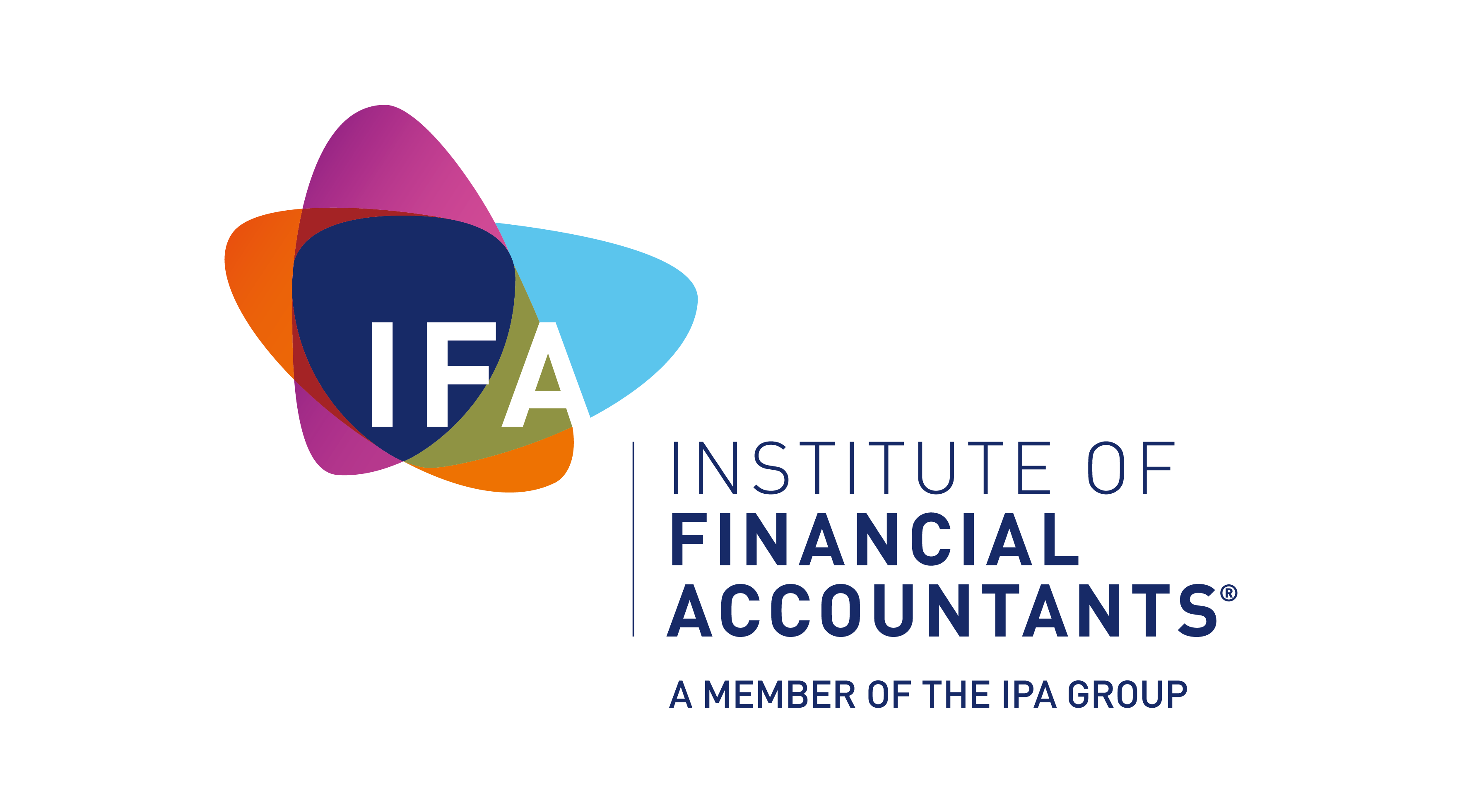Ignorance is not an excuse: Government OFSI webinar highlights the importance of Russia sanctions awareness for all accountants
The constantly evolving landscape of sanctions against Russia and Belarus highlights your significant responsibilities as a professional accountant, whether you are representing clients or working within business. First and foremost, the advice is to not ignore the sanctions. Ensure you understand their significance, or you run the risk of inadvertently breaching them and facing prosecution. Here are three things you need to do:
- Understand the sanctions: what they mean, whom they affect and how you can assess the risk.
- If you are in practice, review your risk assessment of your clients: make sure you know who they are and who controls them, how and where they make their money, and who their customers and suppliers are. You should do the same for your accountancy practice (or the entity in which you work if you are an accountant in business).
- Perform the necessary checks against the UK Sanctions Listand the OFSI Consolidated List search facility. If you identify a designated person, ensure you respond appropriately to the risk, and seek legal advice if necessary.
On Thursday 17 March, the Office of Financial Sanctions Implementation (OFSI), part of HM Treasury, shared a webinar with over 6,000 attendees, which started by setting the context for the Russian sanctions. (The Russia (Sanctions) (EU Exit) Regulations 2019 have been amended six times since 10 February 2022.) The webinar (a recording of which is available here) provides a useful insight into understanding and managing the risks, and HM Treasury’s expectations for those assessing that risk.
What are the sanctions?
The sanctions include trade restrictions and asset freezes, as well as restrictions on the movement of aircraft and ships. They are designed to put pressure on Russia to cease actions “destabilising Ukraine or undermining or threatening the territorial integrity, sovereignty or independence of Ukraine.”
Whom do they affect?
The sanctions potentially affect any business or individual in the UK.
Accountants in practice
If you work within an accountancy practice, you must assess the risk of sanctions being breached by you and your clients. The extensive range of sanctions and growing list of designated persons mean that your due diligence measures must inevitably include checks against the UK Sanctions List. This expectation is not new; but it has become more a point of focus since theuse of sanctions in response to the Russian invasion of Ukraine. You must pay particular attention to:
- UK clients and transactions that might have links to jurisdictions that are subject to sanctions
- UK nationals and UK residents who may, nevertheless, be on the sanctions list
- new and existing clients involving complex business structures
- clients who seem unwilling, or unable, to evidence their source of funds or wealth.
If one of your clients breaches a financial sanction, they will inevitably receive a financial benefit from doing so. They will, therefore, be benefitting from the proceeds of a crime, and so you are likely to have a duty to make a suspicious activity report (or SAR). Failure to do so in circumstances where you ought to have suspected the breach would be a criminal offence and could result in a significant fine or even a prison sentence.
We know that the majority of IFA members support UK SMEs and are relatively unlikely to encounter designated persons or have business relationships with individuals and organisations that are at risk of breaching sanctions. However, the government is clear that an accountancy practice (and relevant principals and employees within it) are expected to be vigilant and perform the necessary risk assessments and due diligence.You should also be aware of the risk that you and your practice may get drawn in to helping circumvent the sanctions, for example where assets have been frozen or where credit arrangements are restricted.
Accountants working in business
If you work in business, although you fall outside the definition of ‘relevant person’ within the Money Laundering Regulations, you must neverthelessunderstand your responsibility to comply with the sanctions. Consider your customers and suppliers and the risks (including reputational risk) associated with dealing with those individuals and businesses. That reputational risk extends to the likelihood that one of your suppliers, for example, may be breaching sanctions to enable you to continue to trade in the usual way.
Reporting to OFSI
A relevant firm (the definition of which includes a provider of accountancy services)is obliged to report to OFSI where there is knowledge or reasonable suspicion that a breach of financial sanctions has occurred or frozen assets are being held. If that applies to you, and that knowledge or suspicion came to you in the course of your business, you must contact OFSI at the earliest opportunity.
Conclusions
It is easy to feel overwhelmed by the growing list of sanctions and designated persons. But resources exist to help you. You may need to refer to the UK Sanctions List, which covers sanctions relating to trade and investment made under the Sanctions and Anti-Money Laundering Act 2018, and states why they are in place. This is supported by the OFSI Consolidated List search facility, which will enable you to find information relating to asset freeze and investment ban targets across all financial sanctions regimes implemented in the UK.
There is no room for complacency. Use of the OFSI search facility does not remove your obligation to undertake appropriate due diligence, based on your knowledge of the individual or organisation concerned and your assessment of risk. Nor does it serve to limit any criminal or civil liability. Further OFSI guidance is available here, but it is also important to seek legal advice if you are in doubt concerning your obligations.
Contact
For further information and support, to seek guidance, or to let us know of any reporting issues that you have identified please email the compliance team.
